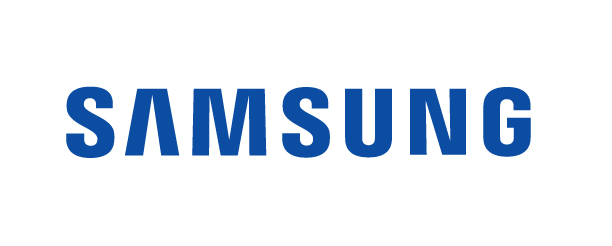Data Ethics – Meaning, Risks and Mitigation
In the world of today, there is a rising increase in the amount of data being collected each day. This data is further being divulged across several environments, sectors, and industries. In most scenarios, the process of collecting data is really not a big deal but the ability and technicality of managing the large amount of data collected become an unending struggle. The struggle to effectively manage the exploding volume of data has led to increased prominence in the ethical use of data. For this reason and more, it has caused the establishment of policies to ensure there is a check and balance as to how data is being shared with the sole purpose of protecting the integrity of people who own this information.… Read the rest

